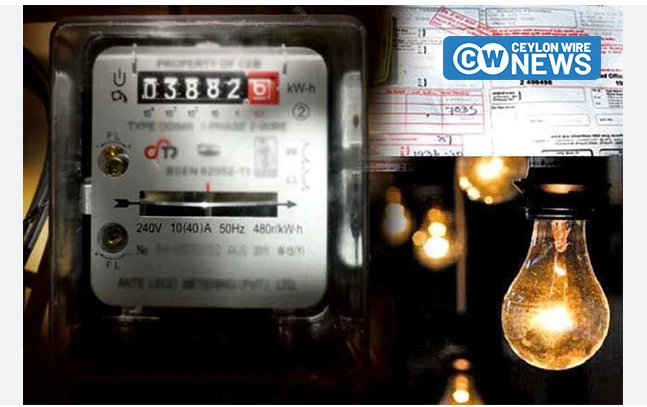Sri Lanka slashes electricity tariffs by 22.5%

Stay tuned with 24 News HD Android App

Sri Lanka’s Public Utilities Commission has cut electricity tariffs by an average of 22.5 percent, Chairman MARM Fernando said.
Domestic user bills were down by an average 27 percent along with a cut in fixed charges, ahead of elections. The unit tariff cost for some domestic categories are down as much as 55 percent.
The price of a unit was reduced from 8 rupees to 6 rupees for domestic users who use below 30 units a month. A bill of 390 rupees would now be reduced to 280.
The unit price for those who consume 31-60 units would now cost 9 rupees instead of 20 rupees.
In the industrial and hotels categories daytime tariff was reduced by 25 percent.
“One of the main concerns at the public hearing was to give some benefit to hotels,” Fernando said speaking to reporters in Colombo.
Religious places and charities saw a reduction of 30 percent.
Meanwhile, businesses were urged to pass on the benefits from the electricity tariff reduction to consumers, who are grappling with the country’s high cost of living.
In Sri Lanka, it is typical for businesses to quickly increase prices at the slightest rise in utility charges, but are highly reluctant to reduce them.
Minister of Power and Energy Kanchana Wijesekera strongly urged the business community to alleviate the public burden by lowering prices, starting from midnight on the day of the electricity price adjustment.
“There has been a significant 20 percent price reduction for factories and small businesses in this electricity tariff revision. Despite this reduction, it appears unlikely that the prices of goods and services, which typically rise on the same night as electricity price hikes, will decrease accordingly,” said Wijesekera.
Recently, fuel and kerosene prices dropped, but the benefits were not passed on to consumers.
“Therefore, with the substantial decrease in electricity costs this year, we urge the public to take advantage of these savings, with potential for at least a 20 percent reduction in overall expenses,” he said.
